Care Considerations For Elderly And Mature Cats
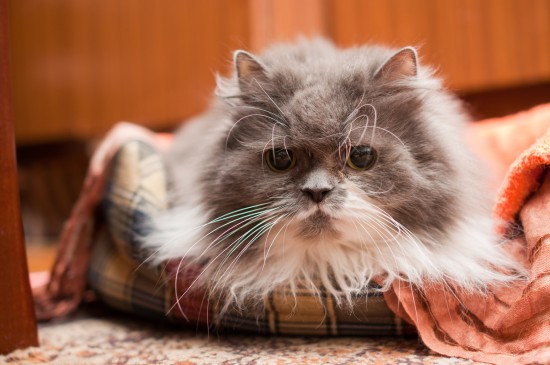
The cat is considered to be mature once they reach the age of seven or eight, and elderly from the age of about ten years old. Once our cats reach maturity, their care needs change somewhat, and they begin a slow and natural decline into old age. Domestic cats today live for much longer than they historically would have done or do in the wild, with cats regularly living into their late teens and sometimes even over twenty. This is due to a combination of increasingly good veterinary care and research into the health and wellness of older cats, and as a result of lifestyle changes that have developed over time due to our modern understanding of cat care, feeding and wellness.
If you own a mature or elderly cat or wish to develop a deeper understanding of how your cat’s care needs will change as they get older, read on to learn more about the care considerations required of mature and elderly cats.
Help your cat’s transition to maturity by starting early
Giving your cat the best chances of reaching a healthy old age and retaining their vitality and condition as they get older is something that begins while cats are young.
- Make sure that you feed your cat a good quality balanced diet that is appropriate for their life stage and condition.
- Take care of your cat’s teeth with regular dental checkups and tooth brushing if possible.
- Monitor your cat’s weight and activity levels and try to keep them from piling on the pounds as they age.
- Ensure that your cat is wormed, flea treated and vaccinated against communicable diseases, in order to keep their immune systems and bodily functions in tip top condition.
- Insure your cat with a good pet insurance company that will continue to provide cover for your cat every year as your cat ages. It is much harder to find a reasonably priced insurance policy for a cat that is already mature than it is to begin a relationship with a reputable insurer when your cat is young that will provide coverage for the entire duration of their lives.
Areas to pay special attention to for mature cats
Once your cat reaches maturity at around seven to eight years old, you may need to make a few basic changes to their routine care and keep a special eye out for any signs of problems.
- Change your cat’s food from one that is suitable for young adult cats to one that is designed to meet the needs of mature cats.
- Keep a special eye on the state of your cat’s teeth, and schedule a veterinary dental procedure if your cat has bad breath, gingivitis or plaque.
- Make sure that your cat visits your vet at least once a year for their vaccination boosters and a general health check, in order to spot the onset of any changes or problems early on.
- Consider feeding your cat a joint supplement or nutritional additive in order to help to maintain the condition of their joints and muscles.
- Understand that once your cat reaches maturity, they will generally become less active and spend more time close to home and sleeping more, and adjust their food quantities accordingly.
- Generally, cats aged between seven and their early teens will still retain all of their senses and interest in the things that they usually enjoy, so don’t be afraid to play with your cat, enable their usual activities and allow them to keep as active as they like.
- Keeping your cat’s mind and body active can help to contribute to a healthy old age, so give them every opportunity to exercise mind and body!
- Check your pet insurance policy carefully to ensure that your policy still offers the appropriate range of coverage for mature cats, as the caveats and conditions of some policies change once the cat reaches a certain age. The policy cost will often jump up when cats reach the age at which they are considered to be mature as well.
Changes to account for as your cat enters old age
From the age of around ten or sometimes a few years older, your cat will become rather more prone to the onset or various age-related conditions and declines, which you should be aware of.
- The joints and muscles of your cat may become stiffer and less mobile, and your cat may find it more of an effort to jump and run about, so ensure that they can still comfortably manage the stairs and any obstacles that they usually deal with.
- Be alert to the signs of arthritis and other problems with the spine and limbs, and find out how you can help to make things more comfortable for your cat in consultation with your vet.
- Keep an eye on the amount of water that your cat drinks, as a sudden increase in the amount of fluids that they consume can indicate problems with the kidneys that will need treatment to manage.
- Older cats find it more difficult to regulate their own body temperatures than their younger counterparts, so ensure that your cat stays warm enough in the winter and cool enough in the summer.
- As your cat gets older, their senses will decline naturally and their vision and hearing may become less acute. Make sure that you account for this, and do not make significant changes to their home that might stress them out or make it more difficult for them to get around.
- Your cat’s taste buds and sense of smell will also become less keen, and you may find it challenging to provide food that your cat enjoys and is keen to eat. Experiment with particularly strong-smelling and aromatic food and treats if you find this to be the case.
- Your cat may become less willing or able to groom themselves as they get older, so be prepared to step in with supplemental brushing and grooming to keep their coat in good condition and comfortable for your cat when they reach old age.
- Talk to your vet about adding a vitamin or mineral supplement to your cat’s food, to help to keep their coat and skin in good condition.
- Your cat’s immune system will decline naturally as they get older, and they may become more susceptible to contracting colds, minor illnesses and transmissible conditions from other cats. It is more important than ever to ensure that your cat’s vaccinations are up to date, and that they receive veterinary treatment promptly if they become ill.
- Keep a careful eye on your aging cat’s health and wellness in general, as cats are adept at masking pain and illness and you may not otherwise become aware of any problems until they are fairly advanced
- Don’t treat your elderly cat like a geriatric, or change the way that you communicate with them and show affection to them unless this becomes necessary. Enable a healthy old age for your cat by doing what you can to keep them fit healthy and engaged in the world around them for as long as they are well enough to manage this happily.


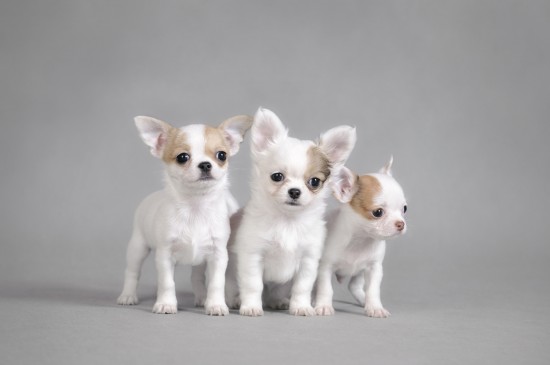 Hereditary Health And Genetic Diversity Within The Chihuahua Dog Breed
Hereditary Health
Hereditary Health And Genetic Diversity Within The Chihuahua Dog Breed
Hereditary Health
 Dogs And Den Behaviour
Dogs And Den Beha
Dogs And Den Behaviour
Dogs And Den Beha
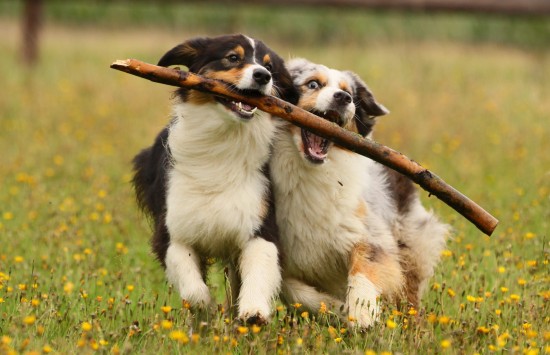 Seven Ways To Keep Your Dog’s Mind Active And Engaged
Seven Ways To Kee
Seven Ways To Keep Your Dog’s Mind Active And Engaged
Seven Ways To Kee
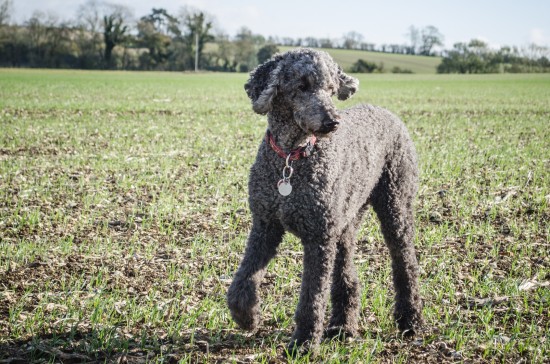 Hot Or Not - What Dog Breeds And Types Are Changing In Popularity In The Uk?
Hot Or Not - What
Hot Or Not - What Dog Breeds And Types Are Changing In Popularity In The Uk?
Hot Or Not - What
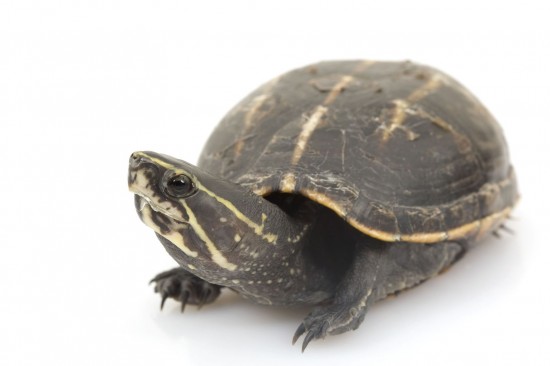 Caring For A Pet Mud Turtle
Caring For A Pet
Caring For A Pet Mud Turtle
Caring For A Pet